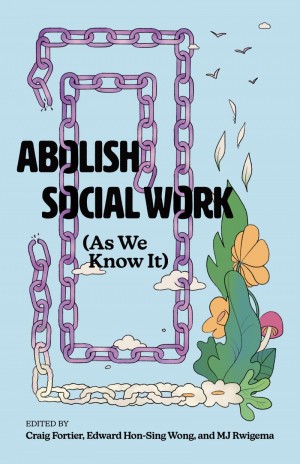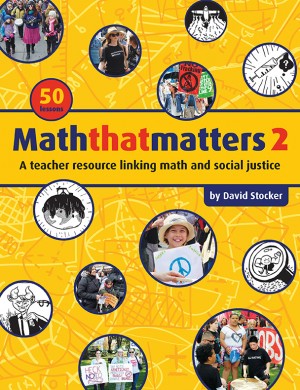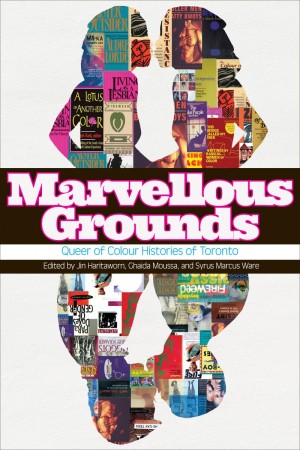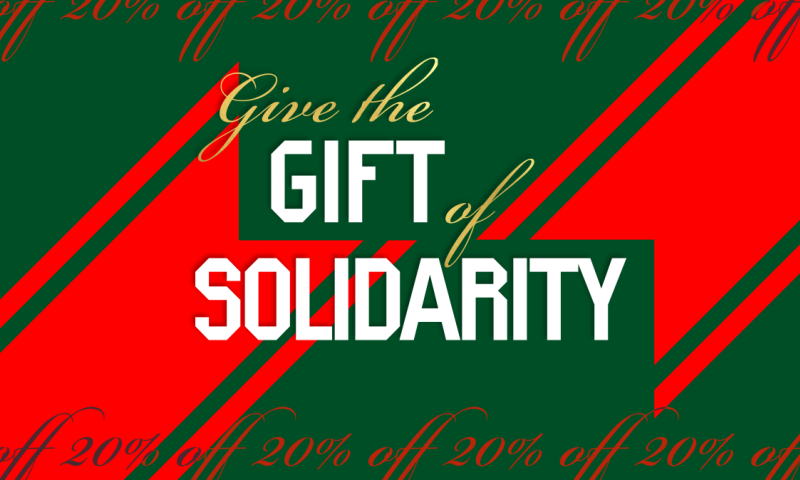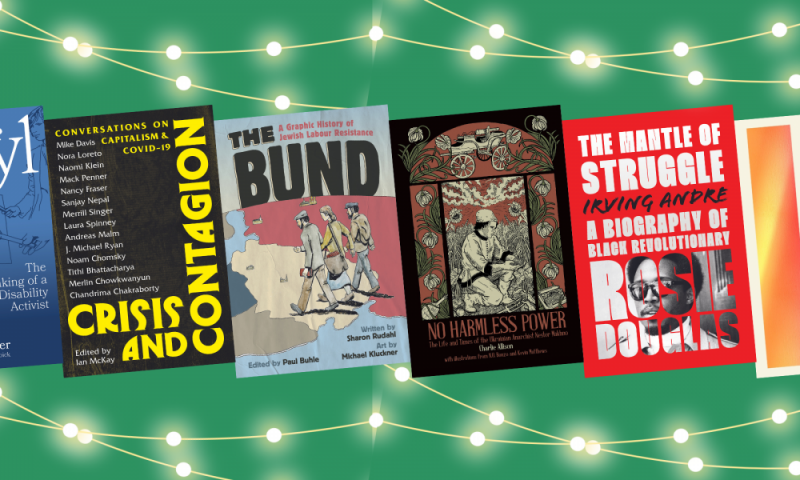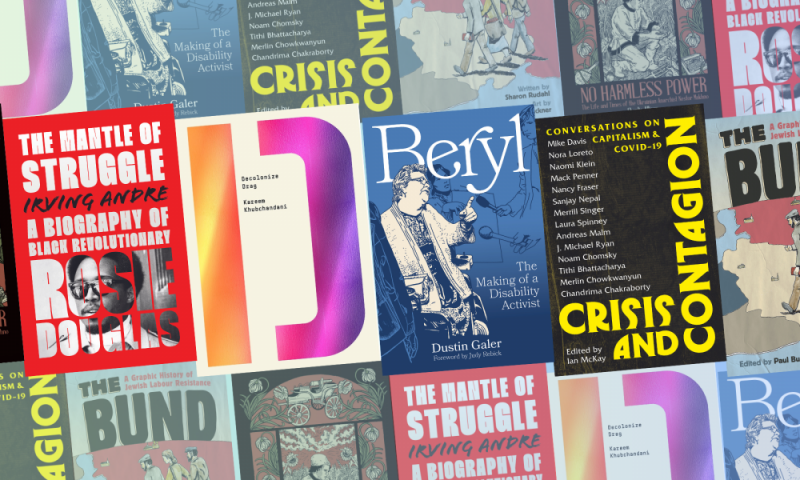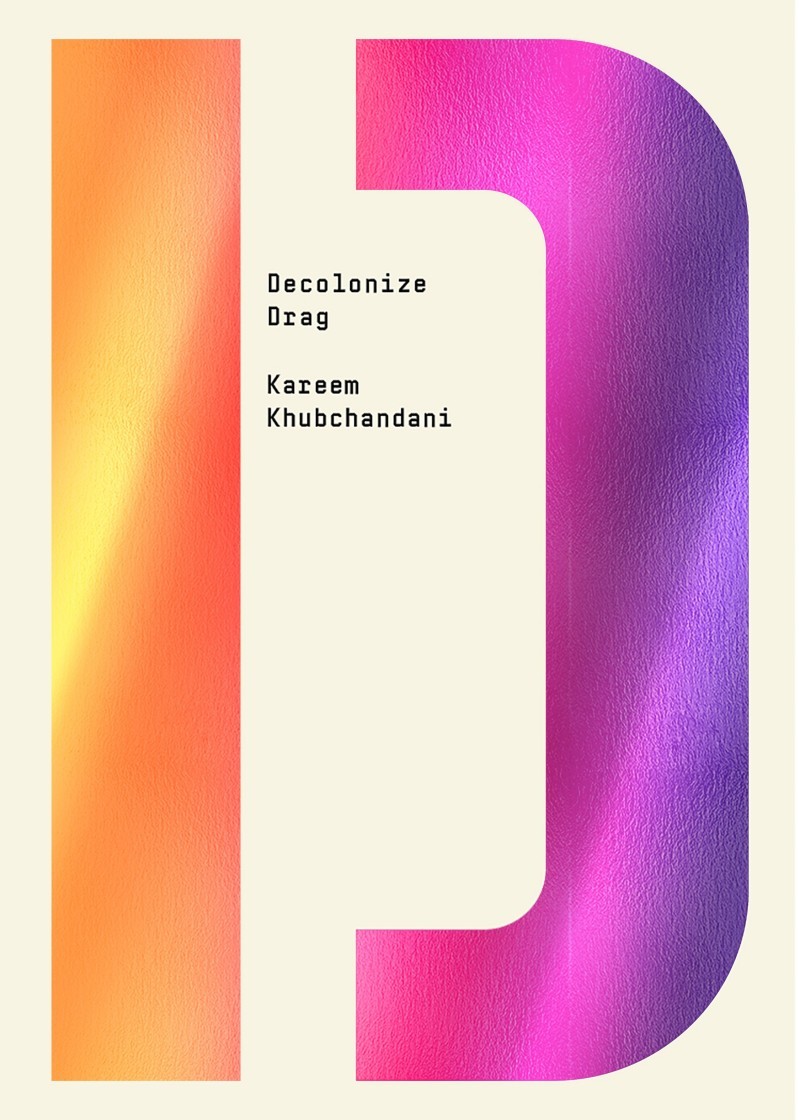
Part of the Decolonize That! Bundle
Decolonize Drag
Although imagined as a queer subcultural practice, drag seems to be everywhere we look: from AI filters on TikTok to brunchtime entertainment, from state legislations to political rallies. Yet as drag enters the mainstream—largely due to the intense, global popularity of reality TV competition RuPaul’s Drag Race—some kinds of gender-based performance fall out of the purview of what we (could) call drag.
Decolonize Drag details the ways that gender is used as a form of colonial governance to eliminate various types of expression, and tracks how contemporary drag, including that on Drag Race, both replicates and disrupts these institutional hierarchies. This book focuses on several gender performers that resist and laugh at colonial projects through their aesthetic practices. It also features the voice of Khubchandani’s drag alter ego, judgmental South Asian aunty LaWhore Vagistan. From the firsthand perspective of a drag artist, LaWhore describes encounters with depoliticized versions of drag that leave her disappointed and perplexed, and prompts Khubchandani for context and analysis.
Their dynamic sets the tone for the book, investigating how drag—and gender more broadly—has been privatized and delimited so that it’s only available to certain people. Decolonize Drag argues for more abundance in and access to fashioning gender, and considers how drag changes meaning and efficacy as it shifts across geographies.
Praise
“Sassy and wicked smart, Decolonize Drag is essential reading for those seeking to understand the global and historical expanse of drag performance as well as the current anti-drag furor in the U.S. Kareem Khubchandani demonstrates how the intersections of drag and colonialism, left uninterrogated, risk resuturing rather than destabilizing gender binaries. Ultimately, though, this book is an invitation to revel in the unlimited joys of non-binary world-making that drag can offer.”
– Jasbir Puar, author of The Right to Maim: Debility, Capacity, Disability and Terrorist Assemblages: Homonationalism in Queer Times
“LaWhore Vagistan is everyone’s favorite South Asian drag academic auntie. She brings the nightclub to the classroom and vice-versa.”
– Hyperallergic
“Who knew a critique of the political economy of drag could be so fun? Every chapter packs a pun(ch)! This multi-layered analysis is timely, worldmaking, and most importantly—glamorous.”
– Alok Vaid-Menon, poet, artist, comedian, fashion icon, and author of Beyond the Gender Binary
“We’ve needed this book … Khubchandani describes legendary drag acts, interweaves personal experiences, and formulates unflinching critiques of systemic inequalities that shape how all drag is received … An absolute must-read for fans, practitioners, and scholars of drag alike.”
– Sasha Velour, winner of Season 9 of RuPaul's Drag Race and author of The Big Reveal: An Illustrated Manifesto of Drag
Contents
| Editor’s Preface—Bhakti Shringarpure | |
| Introduction | |
| Chapter 1 | Hairy Situations: Drag, Performance, and Gender Binaries |
| Chapter 2 | Beyond Gender: Race, Realness, and What Counts as Drag |
| Chapter 3 | NeolibRulism: RuPaul’s Drag Empire |
| Chapter 4 | Decolonization at the Club: Staging Violence, Embodying Pleasure in Drag |
| Chapter 5 | Just Do It! Techniques and Technologies for Decolonizing Drag |
| Outroduction | |
| Acknowledgments | |
| Notes |
Extras
Read an Excerpt
The Austin International Drag Festival and others like it that celebrate dissident genders and desires provide an alternative to the ongoing crises around us. It was a feel-good weekend filled with virtuosic performances by Black, Asian, Latinx, and Indigenous gender rebels, monsters, and unicorns. The joy and community-making that drag affords are life-sustaining in an ever-violent world! And particularly in a conservative state like Texas! The grassroots nature of this first-of-its-kind festival felt sweet and full of possibility. But it was overshadowed with the announcement, just weeks prior to the festival, that entertainment mogul RuPaul Charles, with production company World of Wonder, would host the first ever RuPaul’s DragCon in the Fall. Austin’s scrappy grassroots festival suddenly felt small in the face of the celebrities announced at DragCon.
Black drag queen RuPaul, whose punk androgynous style from the eighties has transformed into corporate Glamazon over thirty years, looms large in the global story of drag. Her rise to fame through her super-successful reality TV competition RuPaul’s Drag Race and its many spinoffs has catapulted drag out of its subcultural spaces in nightclubs, cabarets, and festivals and into mainstream media. Hundreds of drag queens are now household names worldwide thanks to the show. But RuPaul and her network producers have distilled drag into a very limited form of gender performance. My hairy-chested drag would never cut it on the show. Only recently has the show welcomed trans women, trans men, cis women, and nonbinary people, though it still doesn’t include drag kings. RuPaul’s Drag Race has cast a shadow over the magnificent possibilities of performance we could call drag, foreclosing access to drag, fame, money, representation, mobility, and legibility to so many! These days, drag has to emulate what we see on Drag Race and at DragCon to be understood as drag. The empire she’s built extracts from and controls smaller pockets of creativity.
But what if drag remembered its histories of dissidence? What if drag had permission to move across categories and media? What worlds, more just and beautiful worlds, could drag make possible if it didn’t solely look like what RuPaul and her production team put out? What would drag look like if it was not in subservience to and in collusion with colonial aesthetics and knowledge forms? And can we perform decolonial critiques through drag without losing the fun, play, and pleasure drag is known for?



